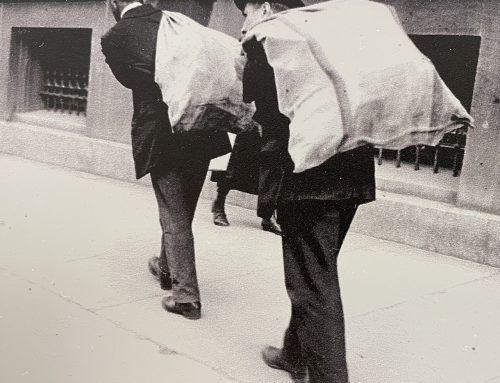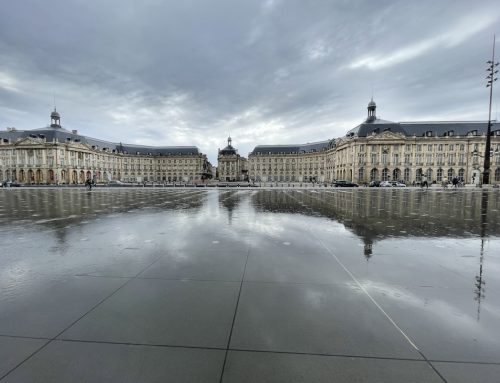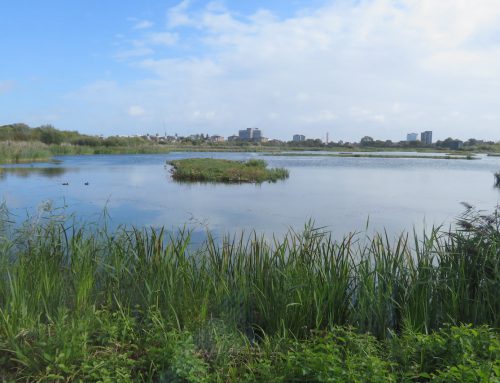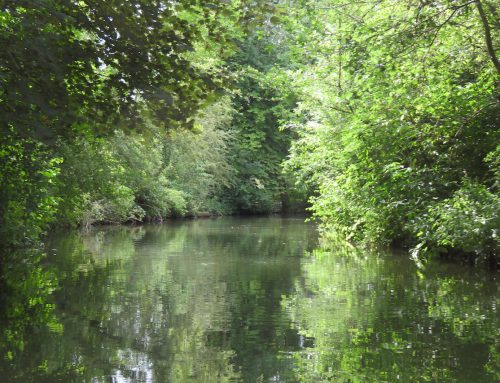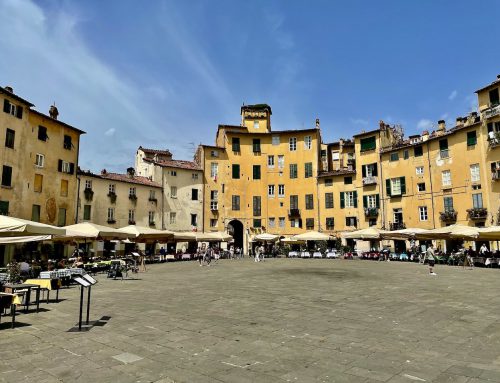Who said mountains were lonely?
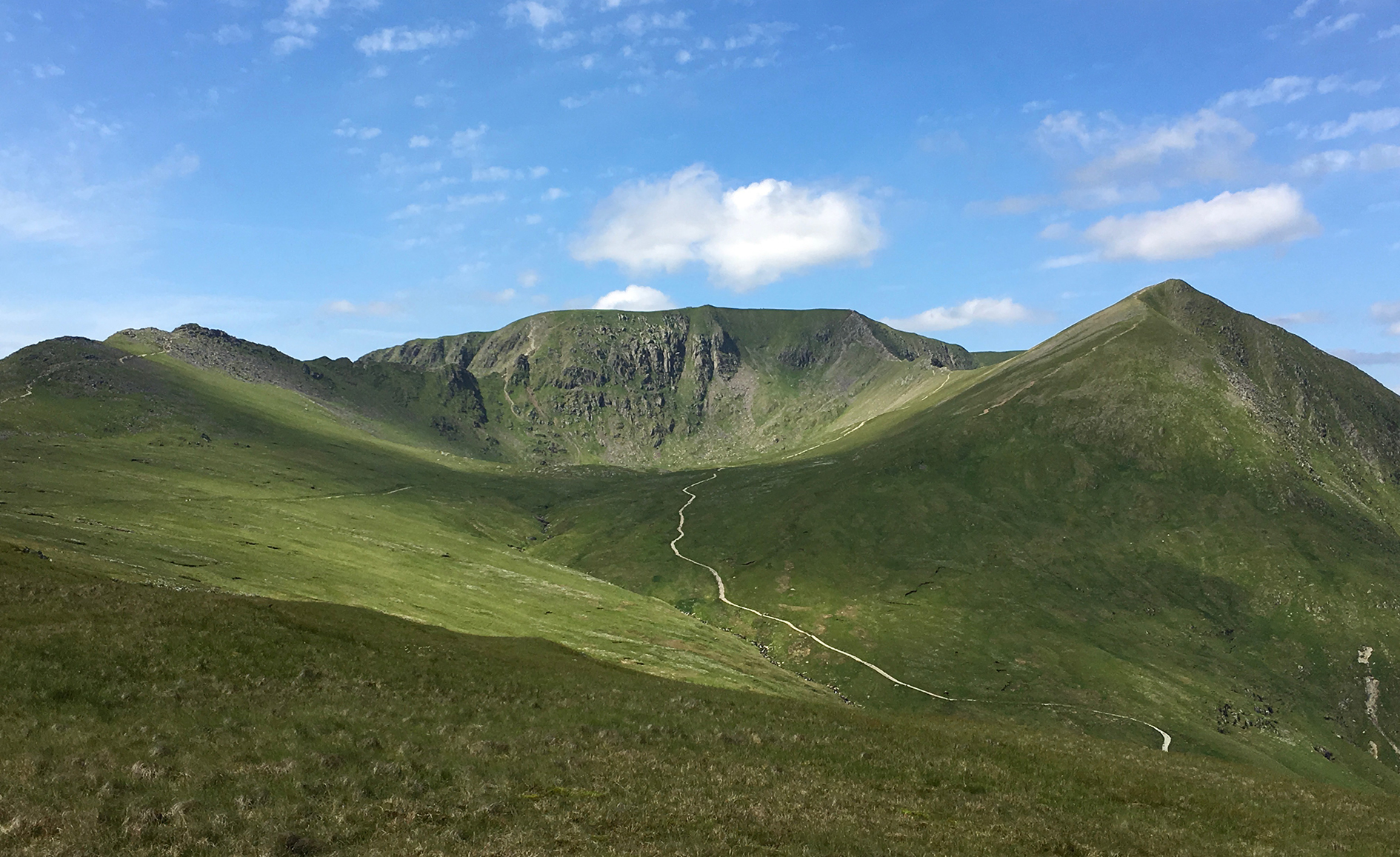
Helvellyn dead centre, Striding Edge to the left, Swirral Edge to the right. Don't rely on this clear view.

Helvellyn dead centre, Striding Edge to the left, Swirral Edge to the right. Don't rely on this clear view.
Helvellyn Mountain, Cumbria, United Kingdom
I am not used to swearing on mountains, unless it is me with cut finger, leg, perhaps ankle, or damage to something awkward. So, imagine my surprise on Striding Edge, that challenging approach to the Lake District’s Helvellyn, when from nowhere I heard words of vehemence, “Ouch! Double blast and damnation!” Okay, you guessed it, the words were way worse than that.
It was a female voice, rising from behind one of the many volcanic sandstone rocks that makes up this knife edge scramble. Striding Edge is what the boffins call an arête and is a route that has long separated out man from boy, woman from girl. You do not try Striding Edge if heights disturb you; that would be seeking trouble.
I glanced around me. Nothing. I heard the words again, followed by panting, or was it suppressed agony? Then, with its final yell, I saw the figure squeeze through a narrow gap between two immovable rocks - there is plenty immovable on Striding Edge - and there she stood. Standing is perhaps an exaggeration. She was stooped, rigid and hunched. Doreen was her name, she soon announced, Doreen from Essex and somewhere near the coast. She was holding on to a rocky outcrop as if her life depended on it and judged from her expression, death may not have been far away. Striding Edge, even on a bright summer’s day, is not always a happy place. There are more than 500 mountain accidents each year in the Lake District and up to 30 deaths. Helvellyn kills a good half dozen annually, so the look of terror on Doreen’s face had a certain logic.
“Good morning,” I said, as Doreen’s shocked expression looked towards me. She was dressed in black, camera case hanging awkwardly from her belt. She carried a light blue rucksack, overstuffed, and positioned obliquely and untidily across her back. I could see my new companion was in trouble. A problem, I thought, as Striding Edge had barely started.
“But…but…but…who…?” was all she could manage. I was the last thing, certainly the last person, Doreen had expected to encounter. Until that moment, she had been convinced she was alone.
I am in my comfort zone on Striding Edge and, anyway, was gripping my tablet computer in one hand while dangling from a handhold with the other. I had not decided which was the least disposable, me or my tablet, but expense dictated it was probably the latter. Anyway, I had no intention of joining the mountain’s most famous casualties, both with memorials recalling a tragic event. One was Robert Dixon - his plaque now rusty - who plummeted from Striding Edge in 1858 while following the Patterdale foxhounds. The other was Charles Gough, a not-so-famous poet, who lay undiscovered for three months in 1805, accompanied by his faithful dog Foxie. So faithful was Foxie that by the time Gough’s body was discovered, the poet had been eaten to the bone and the dog had given birth to a puppy. As with most living creatures, Foxie had a clear instinct for survival and was no vegetarian.
Yet full credit to Doreen, as despite her terror and uncertainty as to whether I was friend, foe or rapist, she allowed me to guide her past the sequence of complex steps on Striding Edge that have proved so challenging for many. I sensed she welcomed company anyway, as she had unsympathetically dumped her partner lower down. The man-of-the-moment had decided scrambling was not his thing, so on Doreen had clambered, alone, isolated, determined to take the one true photo she could show her friends back home. Until Striding Edge reminded her who was boss, and there was no way that boss was Doreen.
Doreen was one of those chance encounters you make on a modern mountain. Crags are akin to a social service. They are places where you greet strangers - boy, girl or indifferent - as long-lost companions. They are where others pour out sorrows, as you might to them. They are places where anyone can say anything, and frequently does, be it hang-up, difficulty or fib. Mountains, if you can handle them, are big on psychotherapy. So, by the time I left Doreen on a stable portion of scree, a spot where she announced she could now make her own way, she had told me her life story and I had told her mine. We were both safe in the knowledge that the chance of our meeting again was closer to zero than nothing.
“Shout if you need me,” I instructed, as I left Doreen grappling a camera that sported a club-sized telephoto and made my way upwards to Helvellyn summit. Doreen was on her own and my job was complete. Her route down, or to summit should she choose, was her decision.
At the top I nodded respectfully at Gough’s memorial and doffed a make-believe cap. The faded plaque sits atop England’s third highest mountain and marks the route towards the shorter Swirral Edge. Swirral is generally less serious and was my way down.
But even on Swirral I was not alone. Farewell Doreen but hello Bob and Tony, two young codgers in their seventies, picking their way down with care. They were talking for England, indeed probably did. I picked up their Mancunian accents immediately, while they identified me as pure South.
“Does I ‘ear New Forest in yer?” Bob inquired.
“Not bad,” I replied, “Portsmouth.” The south coast city, famed for its Royal Navy connection, is less than 45 minutes’ drive from the New Forest. Bob had it right in almost one.
I stayed with Bob and Tony for barely ten minutes. Yet it was sufficient to swap stories of life, the workplace, grandchildren, retirement, Bob’s separation and Tony’s divorce. I discovered, too, an agreed dislike of southern Spain for a summer holiday.
“Too ‘ot,” said Bob.
“Funny lot,” said Tony.
I nodded, agreed, and then we were away, Bob and Tony to the east and me to the west, our psychotherapy complete and established.
Mountain climbing, you see, is not the lonely activity many imagine. It can easily put social media to shame. Facing fear and risk is sometimes a good thing. Edward Wilson, the so-called father of biodiversity, even gave it a name. Biophilia, he called it.
Biophilia is the psychology of attraction to matters live and vital. Humans subconsciously seek connections with the rest of life; some see it as a product of evolution. Maybe, with urban life being so focussed on an indoor existence, as well as the simplicity of modern, gas-guzzling travel, we forget biophilia. Absent-mindedly we then begin to destroy our planet. Blue Space is where it is at and the health benefits of mountaineering are now inarguable.
And swear words? Dear me. Next time you hear, “Ouch! Double blast and damnation!”, turn your head and take a glance. It may be Doreen from Essex, camera dangling low and partner disposed of. It might even be Bob and Tony, talking ten-to-the-dozen about life, people and matters domestic. Who said mountains were lonely? Please tell me and I will put them right.
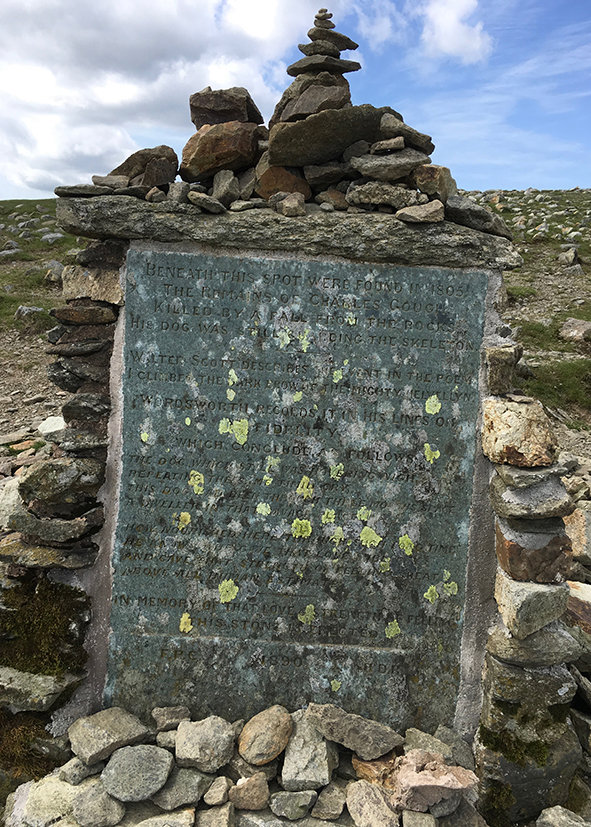
Charlie Gough's memorial at the summit of Helvellyn. No one knows if in reality he ever made it to the top.

